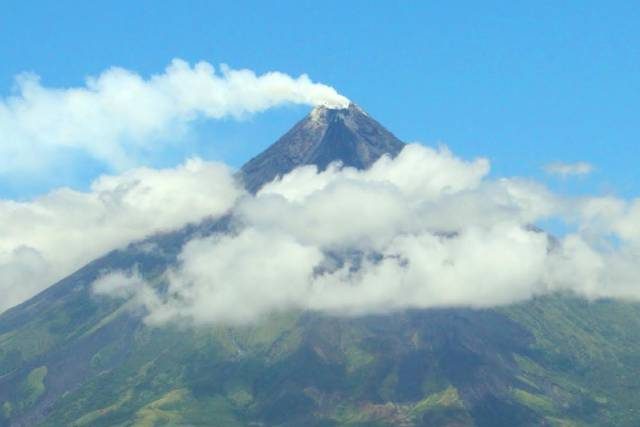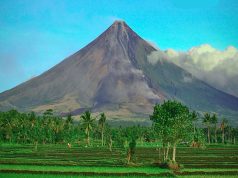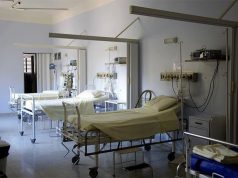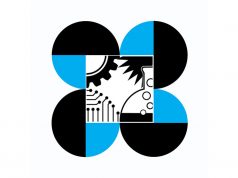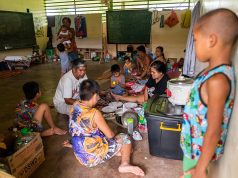Soils in Mount Mayon have host bacteria that have antibiotic and anticancer potential, researchers from the University of the Philippines-Los Baños say.
“From now on, Mt. Mayon will be known not only for its perfect cone shape and eruptive past but for its soils that host bacteria that [have] potential antibiotic and anticancer properties,” the statement, issued by the Department of Science and Technology states.
“Researchers from the University of the Philippines Los Baños (UPLB) have identified a specific bacterial species from the soils of Mt. Mayon that has shown potential antibiotic and anti-colorectal cancer activities,” it added.
The bacteria were identified as “Streptomyces sp. A1-08,” the DOST said. It was identified among the 30 bacteria species isolated from soil samples gathered from the volcano.
While the 30 bacteria species most likely produce unique properties due to the environment they thrive in, the researchers noted that the Streptomyces sp. A1-08 “stood out.”
“Streptomyces sp. A1-08 stood out because it has shown antagonistic effects on all test microorganisms and the methicillin-resistant Staphylococcus aureus or simply MRSA,” they said.
“Abundant in hospitals, MRSA is strongly resistant against antibiotics which makes treatment of infections more difficult. In fact, the WHO has declared antimicrobial resistance as one of the top 10 global threats to public health,” they added.
Should the researchers confirm it to be a new species, they will rename it as “Streptomyces mayonensis A1-08” after the volcano.
Kristel Mae Oliveros, project leader and an assistant professor at the UPLB Microbiology Division, shared the team’s excitement over this discovery.
“We have high hopes of getting new and novel species because this is a less explored environment, a volcano. We were totally surprised and excited,” Oliveros said.
In the comments section of the post, Filipinos cheer the scientists and express hope that the poor would benefit from the study.
“Great work DOST Mayon Team! Who would have thought that Mt. Mayon is bountiful in more ways than being Magayonon! Bless this research to fruition Lord!” one user said.
“It will be a great help to all cancer patients, Sana hindi mahal para maka-avail ang mahihirap na may sakit. Thank you Lord,” another user wrote.
How they did it
In the same statement, DOST explained that the researchers have initially isolated 30 bacterial species from Mt. Mayon’s volcanic soils.
Of these, 13 have shown “antibiotic activities” in their test organisms. The test organisms are:
- Salmonella enterica serovar Typhimurium
- Klebsiella pneumonia
- Staphylococcus aureus and its methicillin-resistant variant, Candida albicans
- Aspergillus niger
- Unspecified Fusarium species
“One of the objectives of the study is to screen actinomycete isolates for antimicrobial activity. Therefore, we ensured that our selected test organisms would represent some of the major groups of microorganisms, including bacteria, yeasts, and molds to capture a broader antimicrobial spectrum result,” she said.
Her co-worker, Albert Remus Rosana, a PhD student at the University of Alberta in Canada, said it was an effort connected to the World Health Organization’s list of human pathogens that post eminent danger to human health by 2050.
This paper was published in the Philippine Journal of Science, a peer-reviewed publication of the Department of Science and Technology.
Its full copy will soon be available at the journal’s website at: philjournalsci.dost.gov.ph.

